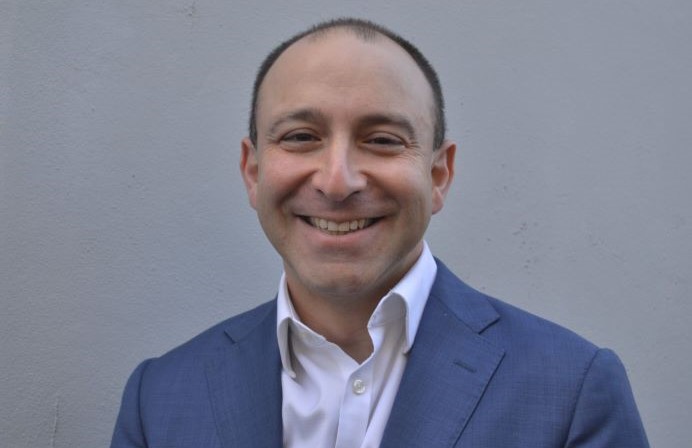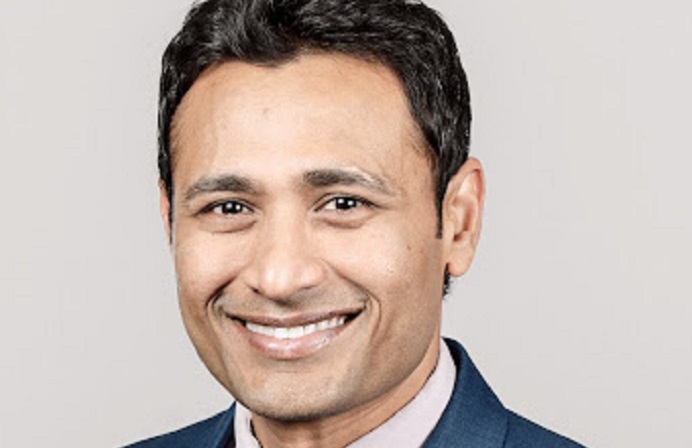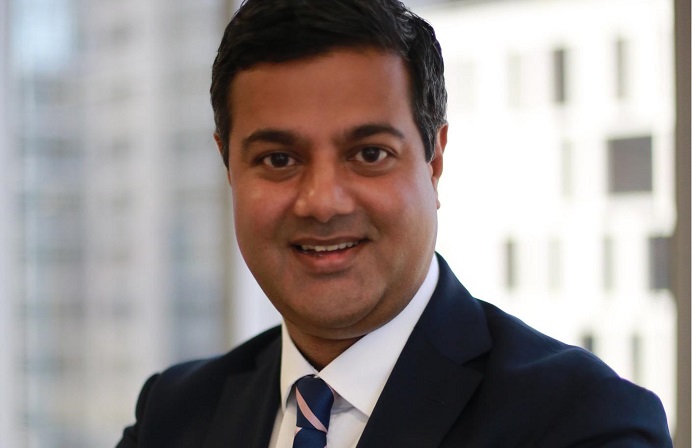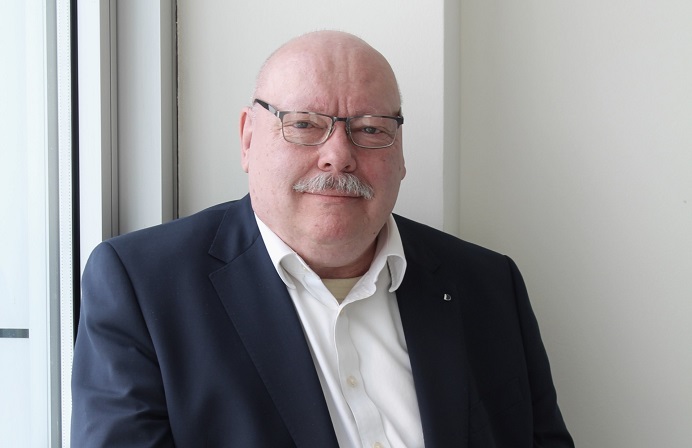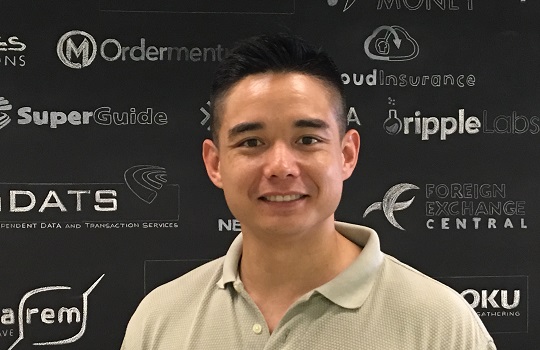
physiSECURE’s Managing Director speaks with FST Media about how biometrics and information security are shaping the financial services sector.
FST Media: What is your promise to everyday Australians?
Melia: At physiSECURE, we provide a solution which allows people to be more of themselves. The company was founded on a belief of simplifying our access to goods and services by recognising who we are as individuals. Today, we try and remember pins and passwords for our everyday banking, we hold onto cards and tokens to get into systems and they are things which can be lost or stolen very easily. The travesty is that there are all these great systems which are built so that you can transact and buy and lead a more prosperous life. However, without the assurance of knowing who you are transacting with, everything falls apart. Our promise is that we want to make life easier and more secure for people when interacting with those systems. We are really the middleware solution which allows people to use biometrics and securely enter into different systems – whether it be banking, retail or insurance. Instead of us having to rely on what you have – in terms of IDs and passports – we ensure that you can do that authentication yourself via the intrinsic connection of biometrics.
All systems are built on a level of trust. When you interact with a bank, for instance, there is a certain level of trust that determines that it is absolutely you. It is not somebody else with your credit card or with your pin. The challenge on our end is that there are so many systems being built to fix that in the event that something goes wrong. We just want to make it very easy for people to say that you, as an individual, are enough for your own identity and your identity can access all these great systems which other people have built.
FST Media: How do you make this biometrics identification proposition work?
Melia: The overarching insight is this: your identity does not relate to what you have or what you remember. It actually intrinsically relates to who you are as a person. Biometrics underlines our core belief that every individual has very specific and very unique characteristics. Looking at those physical criteria, if we can actually map that to an individual human then that should be the entry point into systems. There are a range of biometrics organisations out there but what we do is take the best of the biometrics and build a safe and secure flow point so that the biometrics are able to integrate with any system which allows for that integration.
FST Media: What are your key priorities over the next 12 to 18 months?
Melia: There is a three stage platform for us for the next 12 to 18 months. Currently, we are in the middle of a capital raising stage and that is primarily for operational and implementation costs for the contracts and engagements that we have, but it is also to get compliance to new government frameworks. The government framework that we are working towards is the Third Party Identity Services Assurance Framework (TPISAF). That allows you to use biometrics on different levels of insurance. By going through compliance with this, we can have biometrics which will be the same level of assurance and identification as a passport or driver’s licence. We are really taking away all of these legacy systems which can be compromised either via theft or breaches, so that is the first key priority.
We are also looking at building more into the transactional side of fintech, such as using your physical biometric identifiers to then process purchases. Our third stage will be then to take that technology worldwide.
FST Media: What are your key markets for overseas expansion?
Melia: Different regions around the world are at different levels of maturity and infancy and coupled with that comes different compliance levels all through the world. Our natural inclination is that a lot of the Asian markets seem quite ripe for using biometrics and we can see in the news that there has been a lot of fingerprint registration for identity already. Asia seems like quite a good market for us. The big one is the US and there is a lot of work going on there in the biometrics field. There are already a lot of companies who do palm vein technology and some of the higher biometrics, so that already has some benefits on its own. For us, it is probably more of an Australian focus in the short term, concentrating on that initial step with the TPISAF that will actually allow us to use biometrics on a Commonwealth level, which will help us enter new markets in due course.
FST Media: Can you tell us about the key regulatory challenges you have faced?
Melia: Everything we make needs to be underpinned by privacy and security. For privacy, we need to consider this in terms of privacy of the individual and privacy of the organisation. On that point, because biometrics are intrinsically ‘you’, there is more of a burden to get the privacy levels right. Secondly, with security you obviously do not want loose biometrics being out there in the market so those are the two main challenges we have faced. As part of the TPISAF, you also need to acquire compliance for other protocols such as the PCI DSS compliance. The primary challenge for us is personal privacy and security of data – including the transmission of data, as well as how you store and use that data.
FST Media: What are your thoughts on a national Australian fintech taskforce for removing regulatory roadblocks and how can we ensure this is successful?
Melia: I think the atmosphere and the timing is right and some of the initiatives which the Federal Government have announced as part of the Innovation Statement framework are absolutely great. I think the Australian government is finally moving towards understanding the fact that if we want to foster an environment where fintech works, then this needs to be a very agile workplace. You are not necessarily going to be able to get the agility within big organisational legacy systems. This is actually where startups come in; we see a problem, we close in on it and we have solutions.
The biggest opportunity is that if you can get some of the fintech startups to start integrating with government and get the government to become first-mover adopters, then it actually improves the entire ecosystem. What we personally would like to see is a really strong partnership with all levels of government – federal, state, local – because I think that would be the trigger to get big corporates on board. If the government can rely on certain startups for certain solutions then actually corporates are de-risked to a degree and they can jump on board.
It would be great to have the government as a customer for more of the startups. It is also about having an appetite for innovation. There is a little bit more to go but our hope and aim within physiSECURE is for more and more of the government to take a lead in partnering with startups.
FST Media: What does disruption mean to you?
Melia: Disruption for me has changed over time. In fintech, it is an excellent idea. It is not about the negative connotations of breaking things up and interrupting flow. It is an innovation, an evolution or an improvement which is executed on. If you take disruption out of the vernacular, what does every business want to do? Every business wants to be lean, to improve and engage more. For me, that is what disruption is; it is about finding a better, easier and more controlled way of doing things.
Benjamin Melia will be speaking at FST Media’s upcoming The Future of Security in Financial Services conference, in addition to a distinguished panel of senior executives and thought leaders across the industry on February 23 and 25. For more information on the event and to hear further insights, see here.

